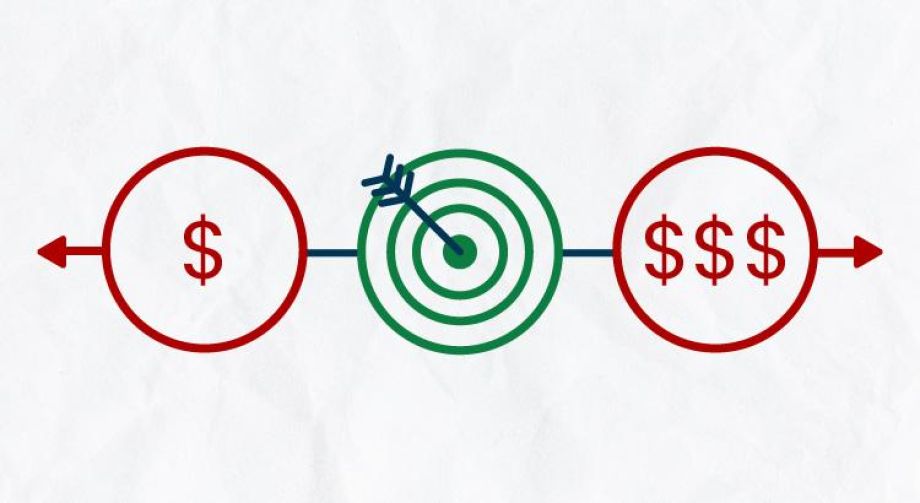Over the past few years, some homeowners have decided to delay their move because they don’t want to sell and take on a higher mortgage rate on their next home. Maybe you’re thinking the same thing. And honestly, that’s no surprise. It’s a very common roadblock and is one of the biggest factors that’s kept the number of homes on the market so low for so long.
But a growing number of homeowners are deciding they just can’t wait any longer. Often, it’s because of personal or lifestyle change. As Redfin explains:
“Some homeowners are opting to bite the bullet and give up their low rate in order to move. Many are selling because a major life event like a job change, or divorce . . .”
If you’re weighing the decision to move, take a look at some of the top reasons others are choosing to sell. You might find those are reason enough for you to move now, too.
It’s Time for a Change
A new job in a different city, a desire to be closer to family, or simply wanting a change of scenery can all spark the need to sell.
Let’s say you’ve landed a great job offer that requires relocating, listing your current home quickly may be the next logical step.
There’s Just Not Enough Space in Your Current House
Sometimes, your current home just doesn’t fit your lifestyle anymore. A growing family, the need for a home office, or more room for entertaining can all drive the decision to upgrade to a larger space.
As an example, if you live in a condo and have a baby on the way, selling might be the next best move so you can find a larger home that suits your needs.
Retirement or Wanting To Downsize
On the flip side, some homeowners are ready to downsize. This could be due to children moving out, retirement, or simply wanting less to maintain.
If you’re newly retired and dreaming of a simpler lifestyle, downsizing to a smaller home could free up both time and resources to enjoy this new chapter of life.
Changes in Relationship Status
Big changes like divorce, separation, or marriage often lead to a need for new living arrangements.
If you just went through a divorce, selling the house you once shared may allow both of you to move forward and find a living situation that works better for you now.
Health and Mobility Needs
Health concerns, especially those that affect mobility, can also drive the decision to sell. A home that once worked well might no longer suit your needs.
If this sounds like your experience right now, selling your current home to move into a more accessible space, or even using the proceeds for assisted living, could significantly improve your quality of life.
Bottom Line
Selling your home isn’t just about market conditions or mortgage rates—it’s also about making the best decision for your lifestyle and future. As Bankrate says:
“Deciding whether it’s the right time to sell your home is a very personal choice. There are numerous important questions to consider, both financial and lifestyle-based . . . Your future plans and goals should be a significant part of the equation.”
If a major life change has you thinking about moving, now might still be the right time to sell. Work with a trusted real estate professional to help you navigate the process.





